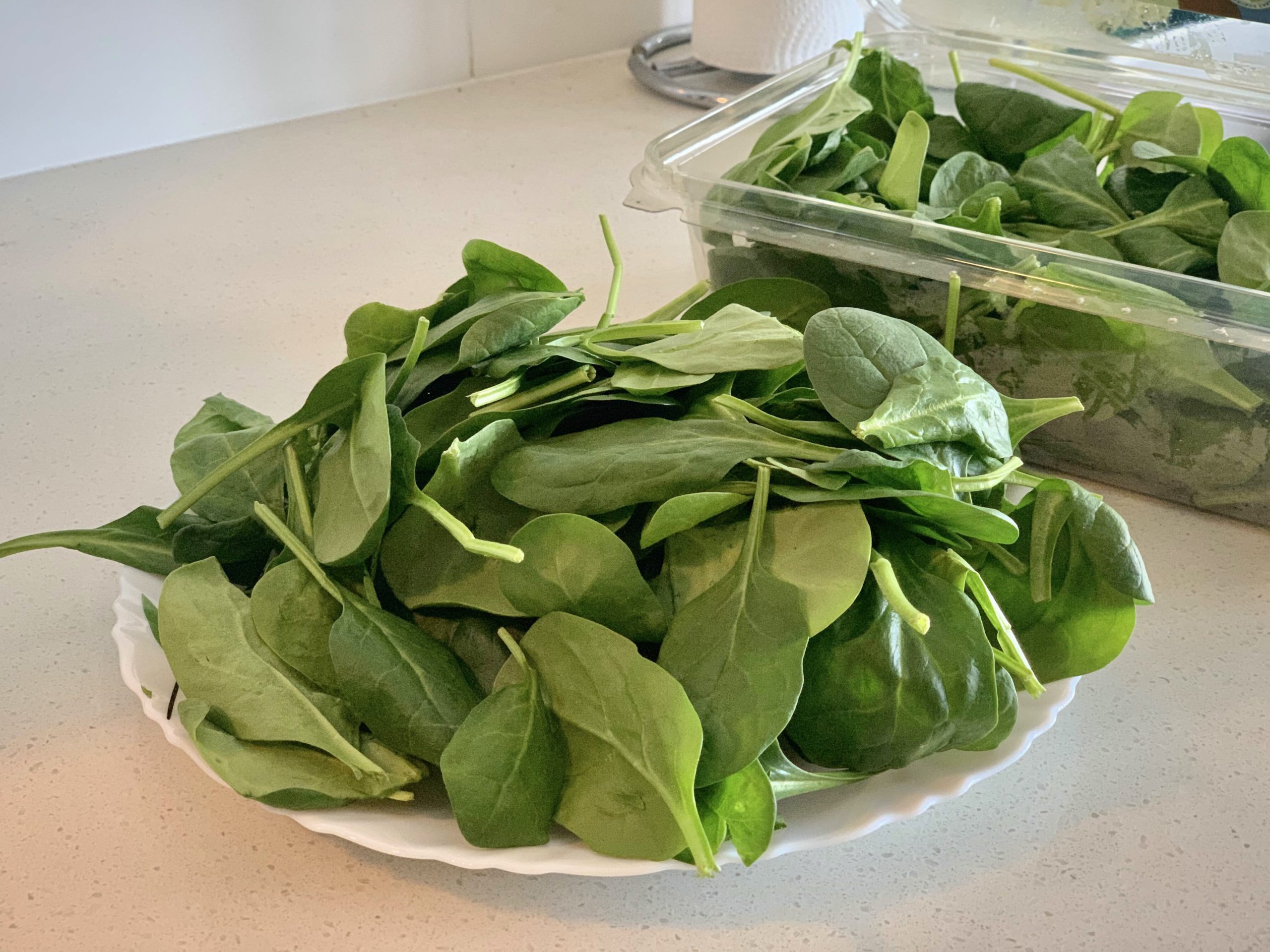To the delight of science fiction fans everywhere, engineers at the Massachusetts Institute of Technology (MIT) have found a way to make spinach plants send emails back to them when they encounter an explosive device.
The U.S.-based researchers did so in their experimentations with a field known as nanobionics – a field that focuses on giving plants new abilities not typically associated with nature.
Professor Michael Strano, who specializes in chemical engineering at MIT, led the study. He explained that plants are very environmentally responsive, and are able to pick up on natural occurrences such as droughts and soil potential long before humans can, due to the chemical signalling pathways in their structures.
The process behind how spinach can detect an explosive is an interesting one, with an extensive use of technology. The spinach root first recognizes something known as nitroaromatic compounds, which are usually found in explosives comparable to landmines. Upon this discovery, carbon nanotubes within the spinach emit a signal, which is then picked up by an infrared camera that sends an email alerting scientists of the detection.
While this may seem like a novel experiment, Strano and his team believe that the advantages of such a technology could be plentiful in terms of warning researchers of pollutants and other environmental conditions.
Plants take in a lot of information from their surroundings, and can prove useful in detecting ecological changes.
In fact, during the early phases of the research, Strano’s team employed nanoparticles to help turn plants into sensors for various pollutants. This changed how the plants photosynthesize and allowed them to detect nitric oxide, a common pollutant caused by combustion.
“I think the fact that they were able to alter the process of photosynthesis is very interesting,” says first-year environmental science student Puneet Chawla.
“It would be great to see if they can modify this aspect of the experiment even further, allowing for plants to detect other pollutants like carbon monoxide or ozone,” Chawla continues.
The researchers also took the study a step further and investigated spinach’s use in powering fuel cells. They found that when spinach is converted into carbon nanosheets, it works as a catalyst that enables more efficiency in metal-air batteries and fuel cells.
The spinach plant works well for this due to its ample amount of iron and nitrogen — two important elements that act as catalysts. In order to turn the spinach into nanosheets, the scientists had to wash, juice, and grind the spinach into a powder.
This is significant because metal-air batteries are a more energy-efficient alternative to the common lithium-ion batteries that we are used to seeing in our smartphones.
“This work suggests that sustainable catalysts can be made for an oxygen reduction reaction from natural resources,” stated Professor Shouzhong Zou, who led the paper, to Euronews.
“I think using this technology to venture into the area of batteries is a nice pivot. Lithium-ion has been the standard for quite some time now, and a more efficient alternative would probably do wonders for the technology industry if it is able to be scaled appropriately,” says second-year computer science student Peter Chen.
As the enviro-tech field continues to flourish, it is clear that spinach and plants in general have many more uses than we would have otherwise thought.


